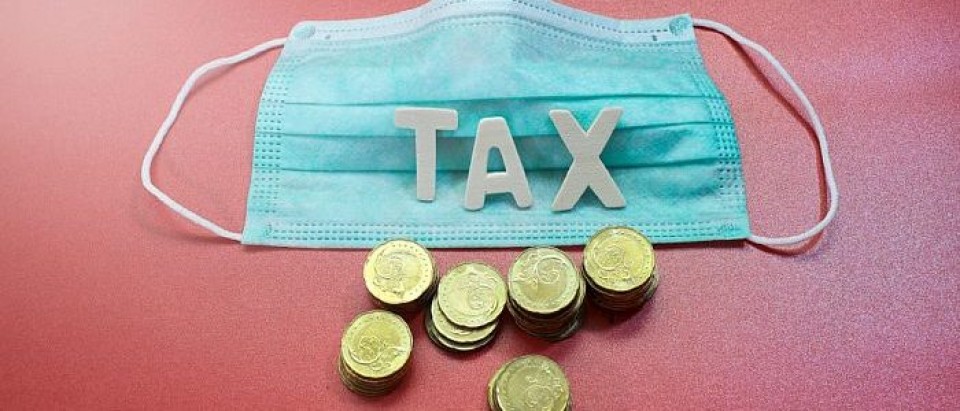Guidance on COVID-19 Tax Legislation
Various tax measures have been introduced which are intended to provide tax relief to those affected by COVID-19. Below is a summary of some of the tax changes and how they are intended to assist with the economic impact of COVID-19.
Loss Carry Backs
The COVID-19 Response (Taxation and Other Regulatory Urgent Measures Act 2020) has introduced a tax loss carry-back measure. This allows businesses who have made, or who expect to make, a loss in either the 2019/2020 or 2020/2021 tax years, to carry back some or all of the loss back to the preceding year where they earned profits. Almost all types of taxpayers, such as companies, trusts, and individuals, are eligible.
The loss carry-back measure is a temporary measure to provide fast cash flow for businesses suffering losses due to COVID-19. It enables tax refunds for a profit year to be paid before the loss year has finished by enabling taxpayers to the loss for the year and transfer it back to the profit year.
Such relief is intended to prevent systematic over-tax over time. The scheme balances the tax paid on income with the current lack of relief when taxpayers make a loss. It currently only provides for a one-year carry-back but the Government has indicated an intention to implement a permanent version of the scheme that will apply from the 2021/22 income year.
Administrative Flexibility for Inland Revenue
The Commissioner has been granted temporary discretionary powers to make alterations to existing rules as a response to COVID-19. Compliance with the variation will be considered as though the original rule was complied with.
The Commissioner can extend a due date, deadline, time period, or time frame in relation to a requirement. They can also modify a procedural or administrative requirement that must be met under a provision, such as modifying the nature or form of information that is required to meet the provision.
Variations must be made within, and relate to, the period from 17 March 2020 to 20 September 2021. This recognises that the discretionary power is to be applied for the purpose of assisting taxpayers with certain compliance issues relating to COVID-19.
Currently, six variations have been made including changes such as granting extensions of time for writing off bad debts and tax pooling transfers.
Small Business Cash Flow Scheme
The Commissioner has been granted powers to administer the Small Business Cash Flow Scheme.
Of note is that:
- The powers provide that the Commissioner’s decisions to decline or grant a loan are not a disputable decision.
- Information sharing between Inland Revenue and the Ministry of Social Development has been enabled so that the scheme can be administered.
- Interest on the loan is not subject to resident withholding tax.
- Inland Revenue can use existing care and management, and debt-management provisions in administering the scheme.
- If the loan was converted to a grant at any stage, this would not create any tax issues for the recipient.
- Loan amounts are not counted as income for Working for Families Tax Credit purposes.
Tax Treatment of Payments to New Zealanders Stranded Overseas
The Ministry of Social Development has established the COVID-19 New Zealanders Stranded Overseas Support welfare programme.
This programme ensures that the benefit and pensions equivalent payments paid through this programme to people stranded overseas, because of COVID-19, are subject to the same tax treatment, Working for Families entitlements, and student loan and child support obligations that apply for their normal benefit, pension or supplementary assistance payment.
If you have any questions in relation to this, or would like personalised tax advice, please contact Julia Johnston.
